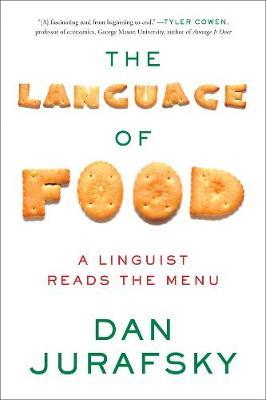Language of Food

Language of Food
PRP: 109.12 Lei
Acesta este Prețul Recomandat de Producător. Prețul de vânzare al produsului este afișat mai jos.
98.21Lei
98.21Lei
109.12 LeiLivrare in 2-4 saptamani
Descrierea produsului
Detaliile produsului










